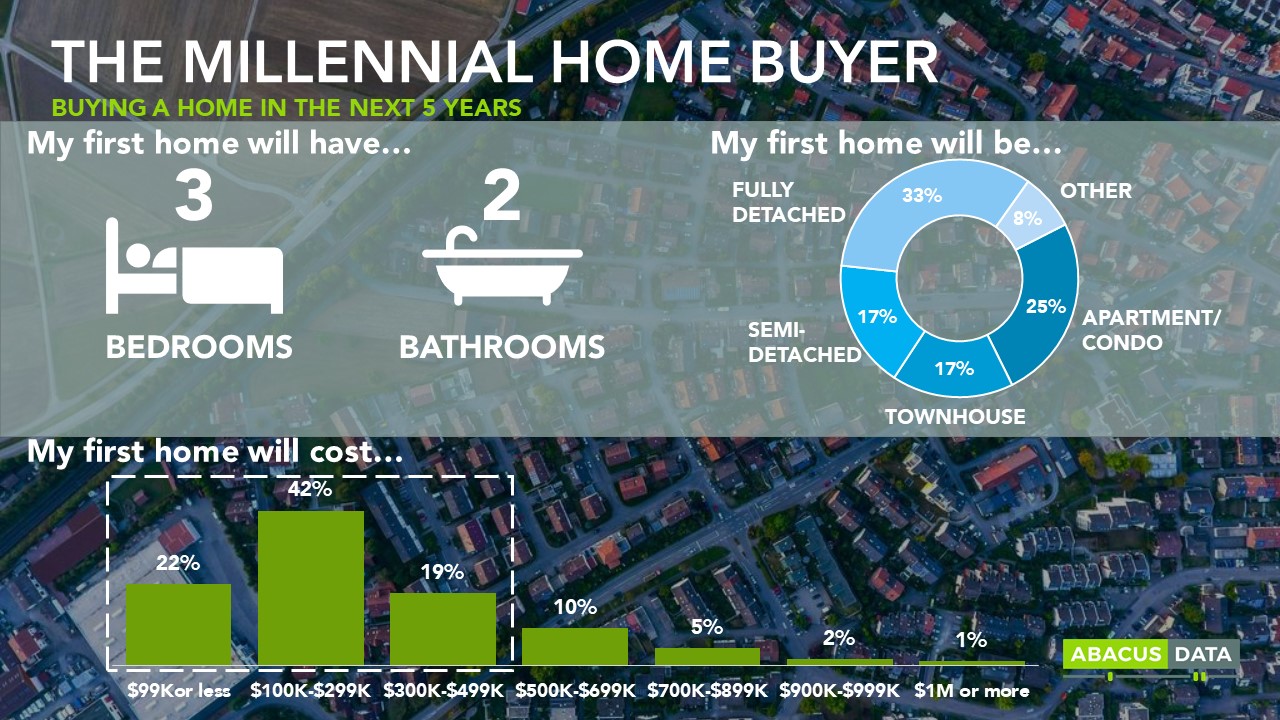China dolls, vodka bears, and grounded eagles: Shifting Canadian perspectives of foreign governments
April 4, 2018
In the latter part of 2017 we asked 2,000 Canadians their thoughts on several foreign governments. When we look at Canada’s wider community of friends there’s a constant narrative across generations. Both Boomers and Millennials agree that our post-war allies, like Japan and Mexico (who finished at the top of our list) are awesome. Honestly, what negative things can you say about the makers of Millennials two favourite things, avocados and shushi? And I mean have you been to Riviera Maya? And those Japanese Robots are really cool!
But in all seriousness, when we ask Canadians’ their awareness of the daily affairs in these particular countries we find that for most, they rarely enter their consciences. In lieu of consistent information, Canadians have founded their perceptions on what they infrequently see in the media and hear through their networks. So although Canadians might have positive perceptions of these countries we need to take that with a grain of salt.
But lets look at some of Canada’s historic allies and frenemies that have made regular appearances in the daily news cycle.

China: “Panda’s are cute and they made all my toys”
If we were to sum up Canadians’ thoughts on the Peoples’ Republic of China in one word that word would be, “wary”. By no means is the Peoples’ Republic near the top of the list. Looking at Canada as a whole, 52% of Canadians said that they have a “somewhat negative” impression of the Chinese government. However, when you look at the age breakdown we get a more interesting story. Over a third (36%) of Millennials have a very positive perception of the Chinese government while contrarily, only 9% of Boomers would say the same. Boomers are also more likely to have something negative to say about China than their Millennial offspring. There seems to be a generational pivot of perception here. Boomers who grew up thinking of the Chinese as the Red Menace Lite, to Millennials who think of it as the home of their childhood toys.
Russia: “A hungry bear that makes good Vodka”
Russia was the worst performer on our country government scale. Coming-in dead last with only 15% of the population having something nice to say about it, most Canadians have made up their minds on the Russian Federation. Nevertheless, when we broke-out the generational segments we were pretty surprised with what we found. Our young liberal Millennials were more likely than their Boomer parents to think positively of the Russian regime, 26% to 20% respectively. Now, overall both Millennials and Boomers really dislike the Russian government, especially Boomers. But we can see the differences between the Cold War generation and the Smirnoff generation. For Millennials their views on Russia can be summed up as, “Yeah Russia’s bad but they really haven’t done anything to me”.
United States: “Beware falling eagles”
This result may not surprise those of you glued to your televisions and computer screens watching the string of sensationally reported on crises that have followed the election of President Donald Trump. From trade wars to international security the historic American persona, as “defenders of the free world” has retreated to a distant persona non-grata in most conversations around the political dinning table. Only 19% of Canadians have something nice to say about the United States. And interestingly, that’s true even when we look across generations. Millennials don’t really know what to make of the US. Just as many approve of the United States government as disapprove. Boomers are much more vocal in their disapproval. Their narrative follows “This never would have happened under [insert Carter/Reagan]!” The American brand has definitely fallen from the days of the Reagan’s “Tear down this wall” speech. Due to a common language and geographical proximity Canadian Millennials interact with Americans more than any other nation. Part of the reason for their ambiguous response could be from the dualities they experience between what they see on their news feeds and their interactions with their American friends and family. Regardless of the reason we can say that the Millennial mind might not be as made up on the US government as we would suppose.
The Upshot
So what does all this mean? Millennials are less weary of nations that have traditionally been at odds with Canada (e.g. China and Russia). The United States government while generally disliked still has Millennials fickled. They’re open to liking the US government, but they have to have a reason to do so. Governments should also pay attention to the turning public opinion among Canada youngest voting demographic. Millennials will be more open to dialogue between countries like China and Russia and are less likely to see the necessity in maintaining preferential relationships with the United States.
The majority of this data came from the Canadian Millennials Report which is Canada’s largest reoccurring syndicated publication dedicated to understanding the views of Canadian Millennials. We survey 2,000 Millennials twice a year tracking their attitudes over time and their perceptions of current issues.
At Abacus Data we take understanding the next generation seriously. We are the only research and strategy firm that can help your business or organization respond to the unprecedented threat of generational change and technological disruption. If you want to know how your business or organization can succeed in the Millennial Marketplace Contact us to learn about our array of bespoke products and services that can make you an industry leader.



